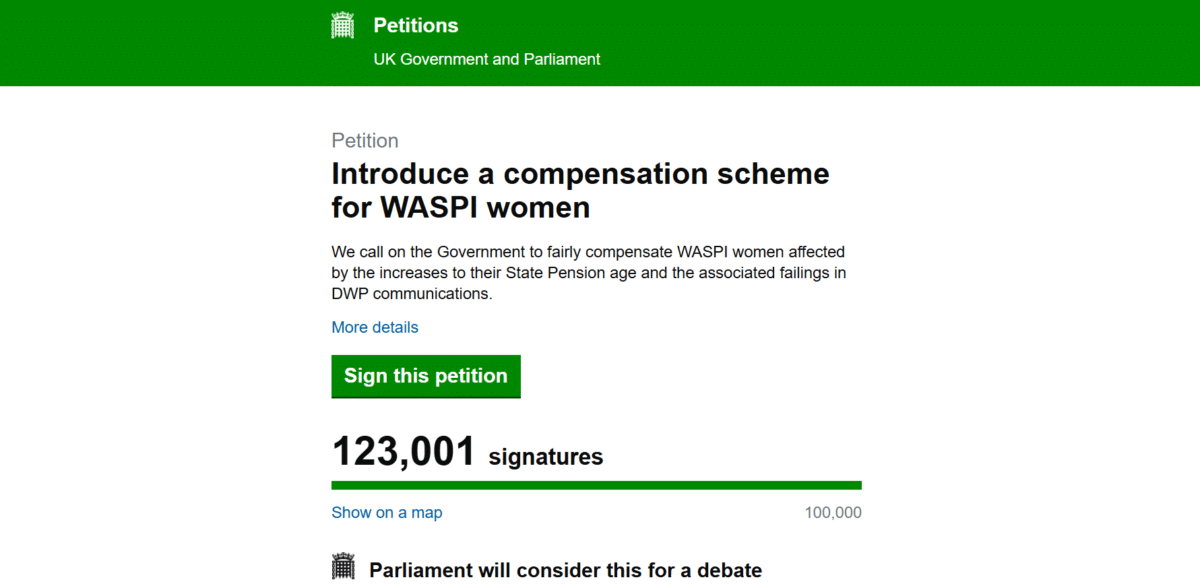Scammers are targeting WASPI women with fake compensation websites, falsely promising payouts of up to £2,950. Financial expert Martin Lewis has cautioned that these scams are part of a wider effort by organised criminal groups to exploit vulnerable individuals.
Amid the rise of fraudulent sites linked to the Women Against State Pension Inequality (WASPI) campaign, victims are being urged to report any suspicious activity and contact their banks immediately if they have disclosed personal details.
The WASPI campaign represents women born in the 1950s who say they were unfairly impacted by changes to the state pension age. Last year, the Parliamentary and Health Service Ombudsman (PHSO) recommended compensation payments, which scammers are now using as bait to deceive potential victims.
The surge in fake websites, emails, and social media adverts is prompting concern among consumer advocates. According to The Guardian, these scams frequently claim eligibility for a £2,950 payout, the maximum figure proposed by the PHSO, in order to collect sensitive information under false pretences.
Rise of Fake WASPI Compensation Websites Targeting Older Women
Fraudulent websites claiming to facilitate WASPI compensation claims are proliferating across internet search results and social media platforms. According to The Guardian, these sites often request personal information, including bank details, without directly asking for money, raising the risk of wider financial fraud.
Martin Lewis, speaking to The Guardian, warned that “the word scammers underplays the danger of what are often organised criminal gangs using psychologically adept tactics to steal from people.”
He stressed the importance of avoiding links from unverified sources, adding that legitimate information would only be available through his official platform, MoneySavingExpert.com.
The BBC and ITV presenter also emphasised that he does not endorse any third-party advertisements. Women affected by the WASPI issue are being advised not to trust unsolicited emails or online adverts and to verify any claim opportunities through official channels.
Recommended Actions for Potential Victims and Ongoing Fraud Monitoring
For individuals who suspect they have fallen victim to a scam, immediate action is advised. According to Money Saving Expert, victims should contact their bank without delay and report the incident to Action Fraud via its website or by calling 0300 123 2040 in England, Wales, or Northern Ireland.
In Scotland, scams should be reported through Consumeradvice or by contacting Police Scotland on 101.
The Advertising Standards Authority also provides a route for reporting online scams in addition to the police and fraud agencies. These organisations are actively monitoring the situation to limit the spread of malicious activity and protect vulnerable consumers.









